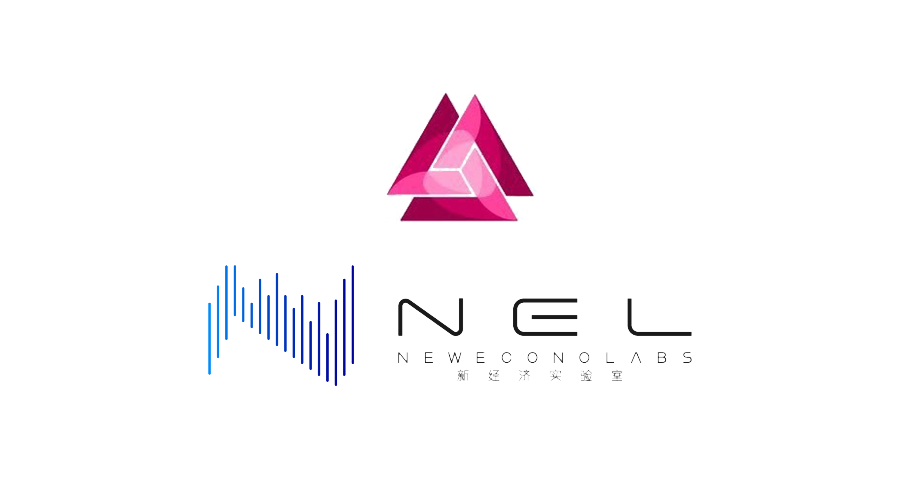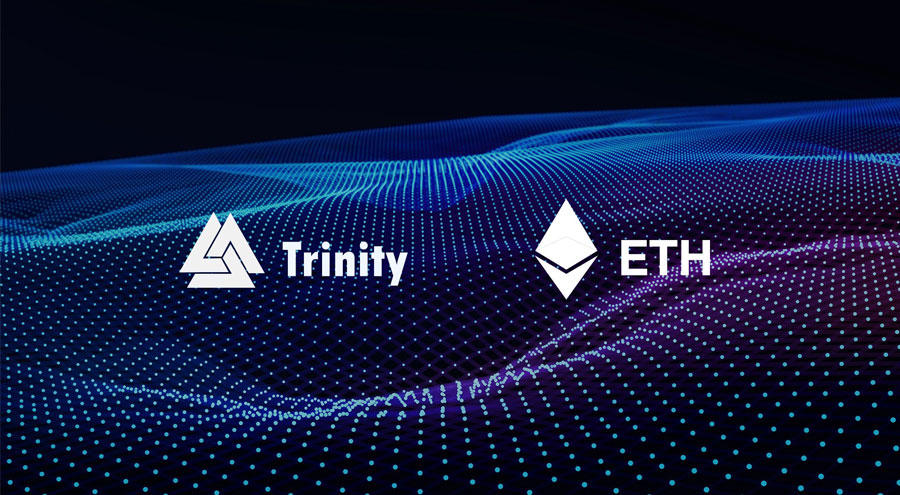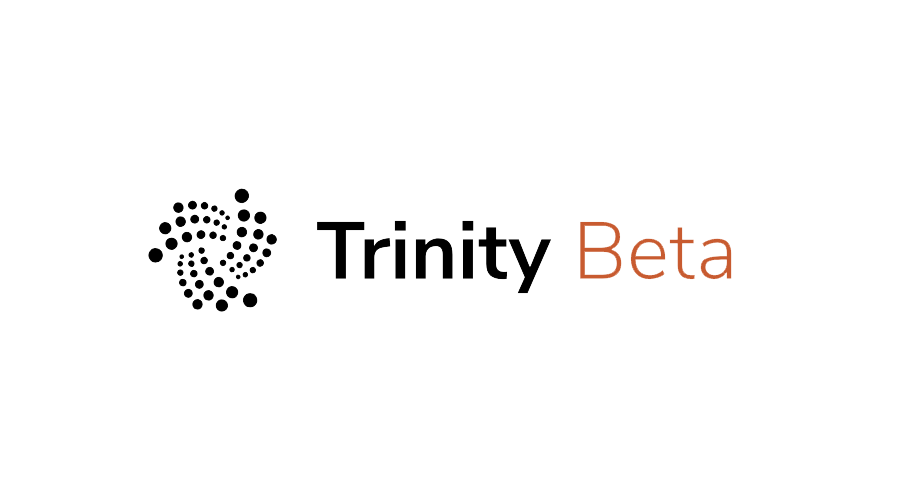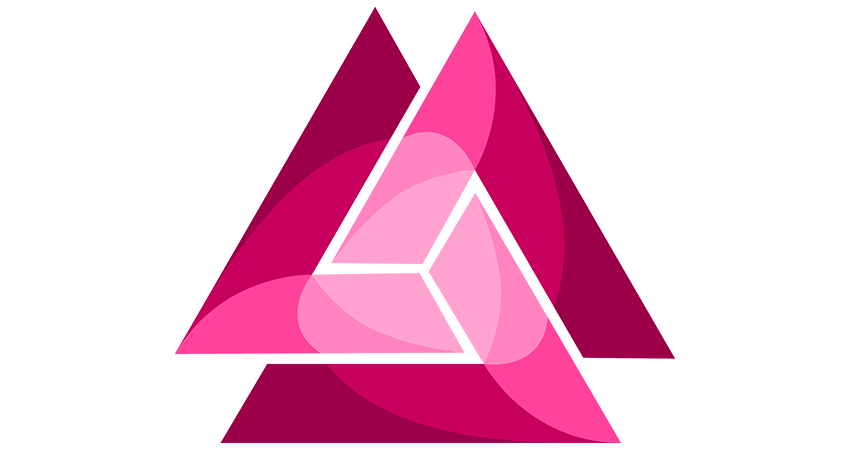Trinity, a universal off-chain scaling solution has announced a partnership with NewEconoLabs (NEL), the largest developer community in NEO, committed to the development of NEO community ecosystem, as well as the exploration of NEO blockchain technology and blockchain games.
The two teams will work together on the following: a) the Trinity Wallet App will integrate NNS domain name transfer service, which is NEL’s first key operational project; b) Trinity will work with NEL to advance the Neo game ecosystem, co-host technology salons, share Trinity state channel technology in the game field, and improve the performance of game and blockchain integration.
Trinity Wallet App will integrate NNS domain name transfer service
As a member of NEO wallet ecosystem, Trinity Wallet will integrate NNS’s domain name service, providing an easy-to-use client for NNS. NNS’s domain name service will also make it easier for users of Trinity Wallet to transfer assets. The cooperation between the two parties will greatly enhance the usability of NEO.
Trinity Wallet is a state channel based wallet App. Trinity provides users fast-speed transactions safely with “Trading off-chain, endorsement on-chain” state channels. Users can get the fastest payment experience by using this App. Trinity Wallet App has state channel-based transfer and receives functions. Users can make the off-chain transfer by accessing nodes and building channels.
In addition, the normal on-chain transfer function is still reserved in the app. When using the app, users first deposit TNCs and add a newly opened state channel to the channel list. Then the two parties can transfer assets between each other off-chain. Either party is able to close the channel and settle on-chain. Only the opening and closing of channels will trigger on-chain settlement and whole-network broadcast. This guarantees the speed of transactions, security and retains decentralization of the whole network.
All users can download the Trinity Wallet App from the wallet page at Trinity’s official website. Currently, the app only supports Android.
NNS is the NEO Name Service, a distributed, open, and extensible naming system based on the NEO blockchain. NNS’s primary goal is to replace irregular string such as wallet address and smart contract Hash which are hard to memorize for humans with words and phrases. At present, the NSN test network has deployed the “.neo” domain bidding test.
Trinity will work with NEL to advance the NEO game ecosystem
Trinity is devoted to addressing the scalability of the blockchain and using state channel technology to achieve low-cost, high-throughput off-chain transactions. If the player wants to use Trinity network, they can open a state channel first (this step is the on-chain transaction), then all their operations in the game will be processed through the state channels (here all transactions are off-chain). Playing a game will involve a lot of transactions. Putting all of them on-chain will bring a lot of burden to the blockchain. Thus state channels put unnecessary transactions off-chain and scale the network.
As the largest developer community in NEO, NEL has been committed to the development of the NEO community ecosystem, as well as the exploration of NEO blockchain technology and blockchain games.
The Trinity team said:
“The cooperation between Trinity and NEL is not only an important exploration of the commercial application of blockchain games, but also lays the foundation for the co-construction blockchain game application ecosystem. At the same time, NEL and Trinity will jointly organize a technical salon to share the use cases of Trinity state channel technology in the game field and improve the performance of blockchain games.”
“Games in the NEO will integrate Trinity’s state channel protocol, and the Trinity development team will provide relevant technical support for NEO blockchain games. By working intensively with the Trinity team and scaling the blockchain with the Trinity Protocol, NEO gaming ecosystem will share and process more information more securely and efficiently and minimize on-chain costs.”






















